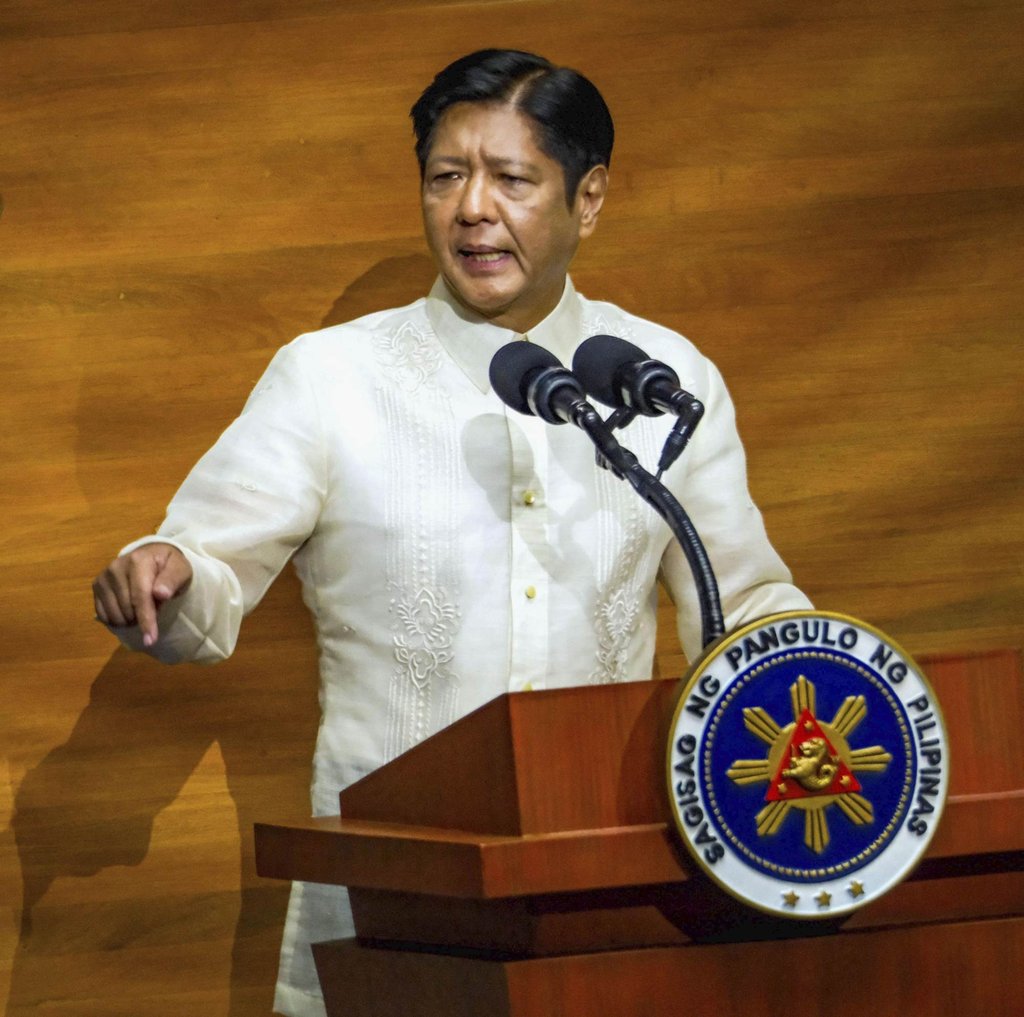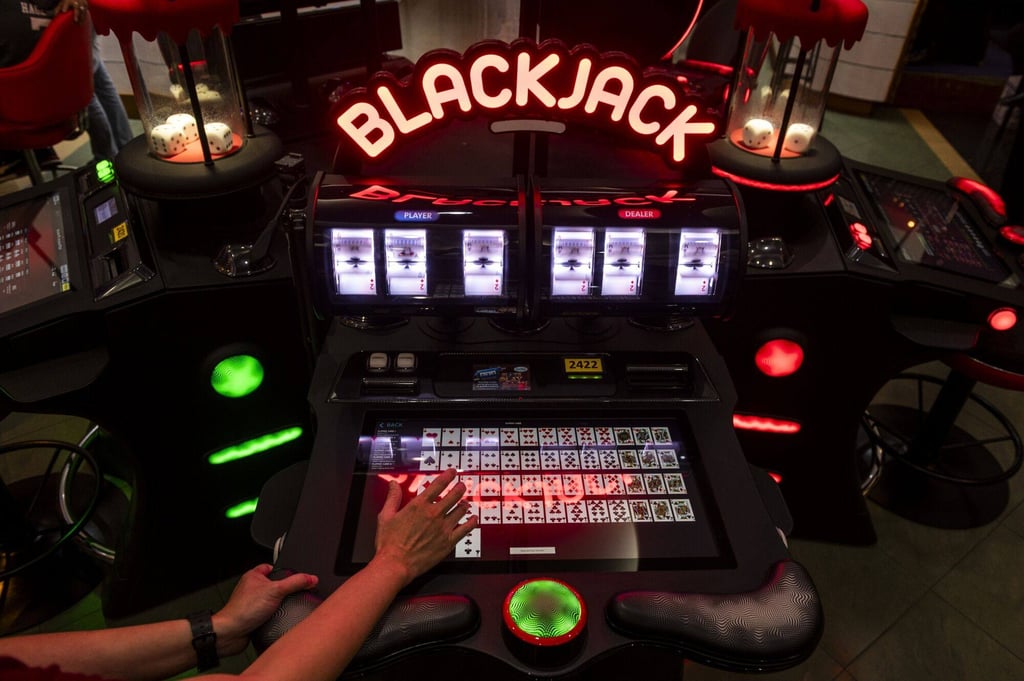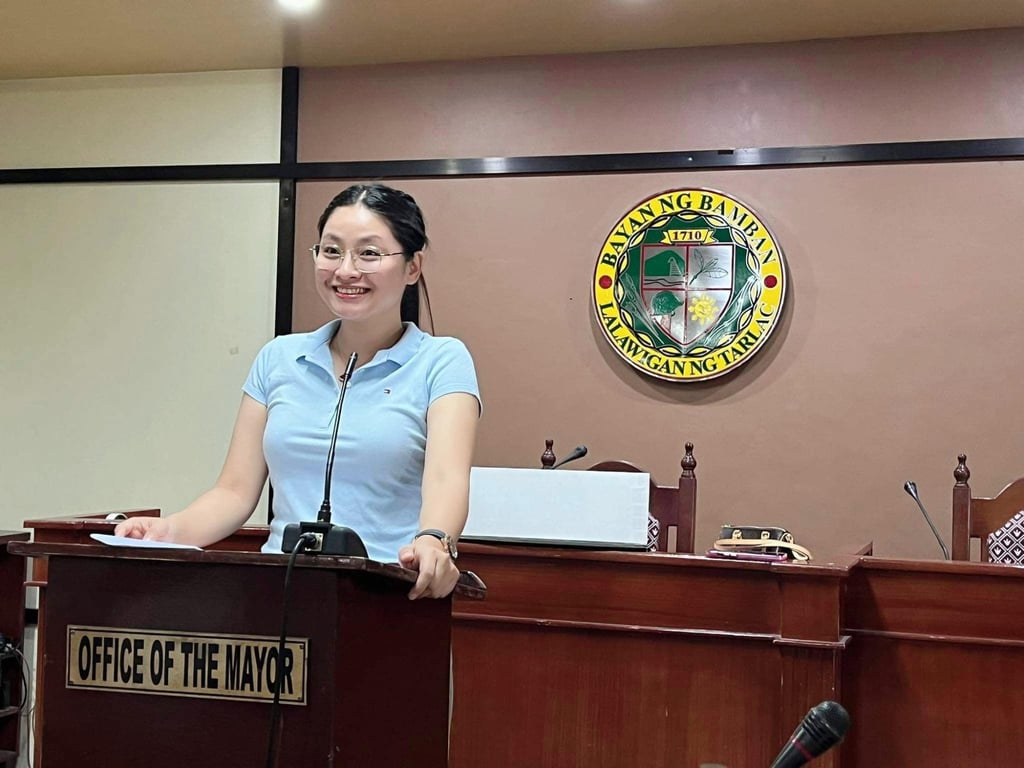President Ferdinand Marcos Jnr’s pronouncement that Philippine offshore gaming operators (Pogos) have been banned in the country “effective immediately” has been widely applauded but also raised many questions, particularly about the 40,000 Filipino workers whose jobs are at stake.
“The grave abuse and disrespect to our system and laws must stop. We need to end their havoc on society and the tarnish of our country,” Marcos Jnr said during his State of the Nation Address on Monday in which he announced the ban, referring to the numerous reports of criminal activities linked to Pogos.
He instructed authorities to send foreign – mostly Chinese nationals – Pogo workers home in two months and to shut down all Pogo businesses by the end of the year.

While many Filipinos welcomed the decision, observers said the ban should be accompanied by a sound plan to help local workers and their dependents transition to more stable workforces while curbing the illicit activities linked to Pogos, such as scams and human trafficking, for good.
“Now that some of our fellow men have become enmeshed and, to some extent, depend on their economic activities in Pogo operations such as transportation services, food business, rent, the outright ban should be accompanied by a well-planned transition from a Pogo-dependent economy,” said Gary Ador Dionisio, dean of the De La Salle – College of Saint Benilde’s School of Diplomacy and Governance.
Following Marcos Jnr’s declaration, the local gaming regulator Philippine Amusement and Gaming Corporation (Pagcor) appealed to spare 12 of the 43 licensed Pogos, which were classified as business process outsourcing (SBPO) firms.
In June, Presidential Anti-Organized Crime Commission Undersecretary Gilbert Cruz said there were more than 300 illegal Pogo hubs in the country since its boom in 2016 as Chinese companies took advantage of the Philippines’ liberal gaming laws.
Covid restrictions and stricter tax policies later forced many of them to go underground and operate illegally or on expired licences.
Yet the sector only had a modest contribution to the country’s gross domestic product, making up only 0.2 per cent of the Philippines’ GDP last year, while the Philippines loses nearly 100 billion pesos annually by keeping them in operation, defence analyst VK Parada told This Week in Asia.
Parada added that the social and reputational costs of Pogos exceeded any perceived economic benefit to the Philippines.
“Their links to organised crime such as fraud, torture, debt bondage, and human trafficking, among others, would make foreign investors think twice about putting money into the country. The same goes for tourists, especially among East and Southeast Asians, who have been the usual victims of these crimes in the past,” he said.
From an initial estimate of 23,000, Pagcor said about 40,000 Filipino employees would be affected by the ban, including those who did not directly work in the gaming industry but worked with a special class of SBPO firms that catered to gaming clients in North America and Europe.
The Department of Labour and Employment has pledged to help these employees find work.
Parada said Marcos Jnr’s five-month deadline to pull the plug on Pogo operations might be too short for the government to adequately provide a safety net and an alternative means of employment for affected Filipino workers.
“These workers need to be reintegrated into the labour market based on their existing skill sets. If the government wants to keep them employed long term, they need to fill in the gap left by Pogos in the labour market,” he said.

Meanwhile, banning Pogos was “just a first step in the journey of a thousand miles”, political analyst Richard Heydarian said at a forum on Wednesday, adding that the prohibition was the “beginning of a very complicated, multilayered process that has both law enforcement and … bureaucratic reform aspects, including cleaning up the regulations around the late filing of birth certificates”.
Heydarian referred to the case of more than 1,000 falsified birth certificates belonging mostly to Chinese nationals uncovered by the National Bureau of Investigation in the town of Santa Cruz, Davao del Sur.
Heydarian said the sector’s sudden exit might still pose an issue in certain areas, such as central business districts, and affect other industries, such as the real estate sector.
“We have to be realistic that when it comes to operationalisation, this is not going to be an easy thing and perhaps de facto, it’s going to be sequenced and compartmentalised in reality,” he said, adding that a long-term solution was needed.
Going further underground?
Observers say the Marcos government needs to keep its eyes peeled in the aftermath of the Pogos ban, as many of these firms that already carry out clandestine operations may already have continuity operations to further go underground.
Most Pogo firms are owned anonymously and not registered in the Philippines, making it difficult to regulate them, according to Parada, who noted that “there’s no big fish to go after”.
Heydarian said the media firestorm over fugitive mayor Alice Guo, who was linked to a raided Pogo compound in her town of Bamban in Tarlac province, served as a fitting distraction “from the more high-value targets who all went into hiding into their strategic depth across the Philippines and beyond”.

Dionisio warned that Pogo firms may already be entrenched in the country’s system of patronage politics as the Philippines inches towards the 2025 midterm elections, as “many local or even national politicians have benefited from this industry”.
“With the huge amount of resources coming from Pogo money, [politicians] might use these in the coming national and local elections to gain another foothold after the national government’s ban. This means Pogos may provide support to local and national candidates to make a resurgence after the midterm elections,” he said.
The protections offered by political leaders involved in Pogos to safeguard their existence would also complicate efforts to eradicate the industry for good, Parada added.
“The question really is not whether Pogos would go underground because of the ban, but how the government would go about implementing the ban for those already underground,” Parada said.
Meanwhile, Dionisio said the government was left with a “Herculean task” to expose and file cases against officials who had interests in the controversial sector.
“A presidential task force against Pogo operations must be established along with needed legislations related to the complete stoppage of Pogo operations,” he said.



